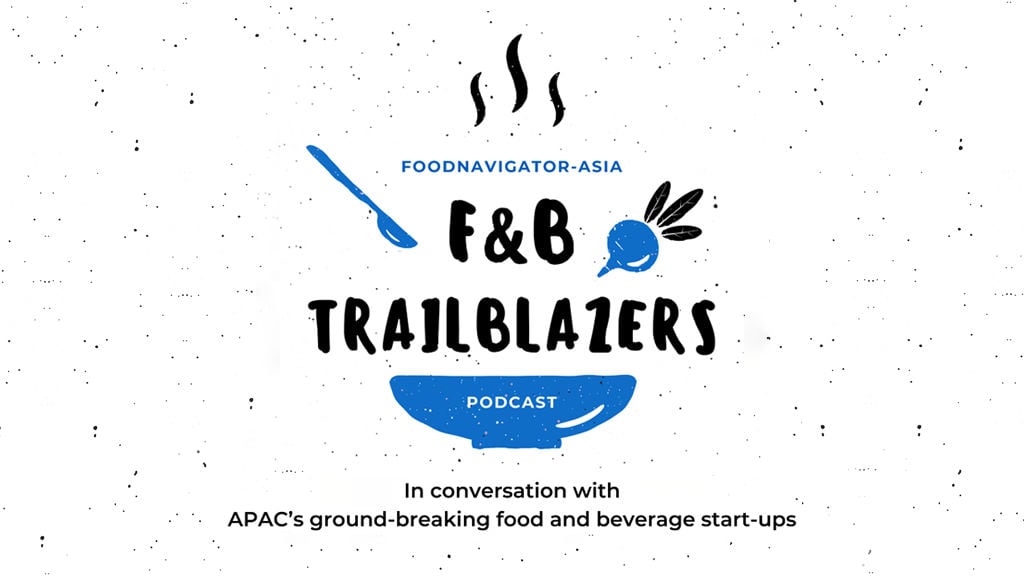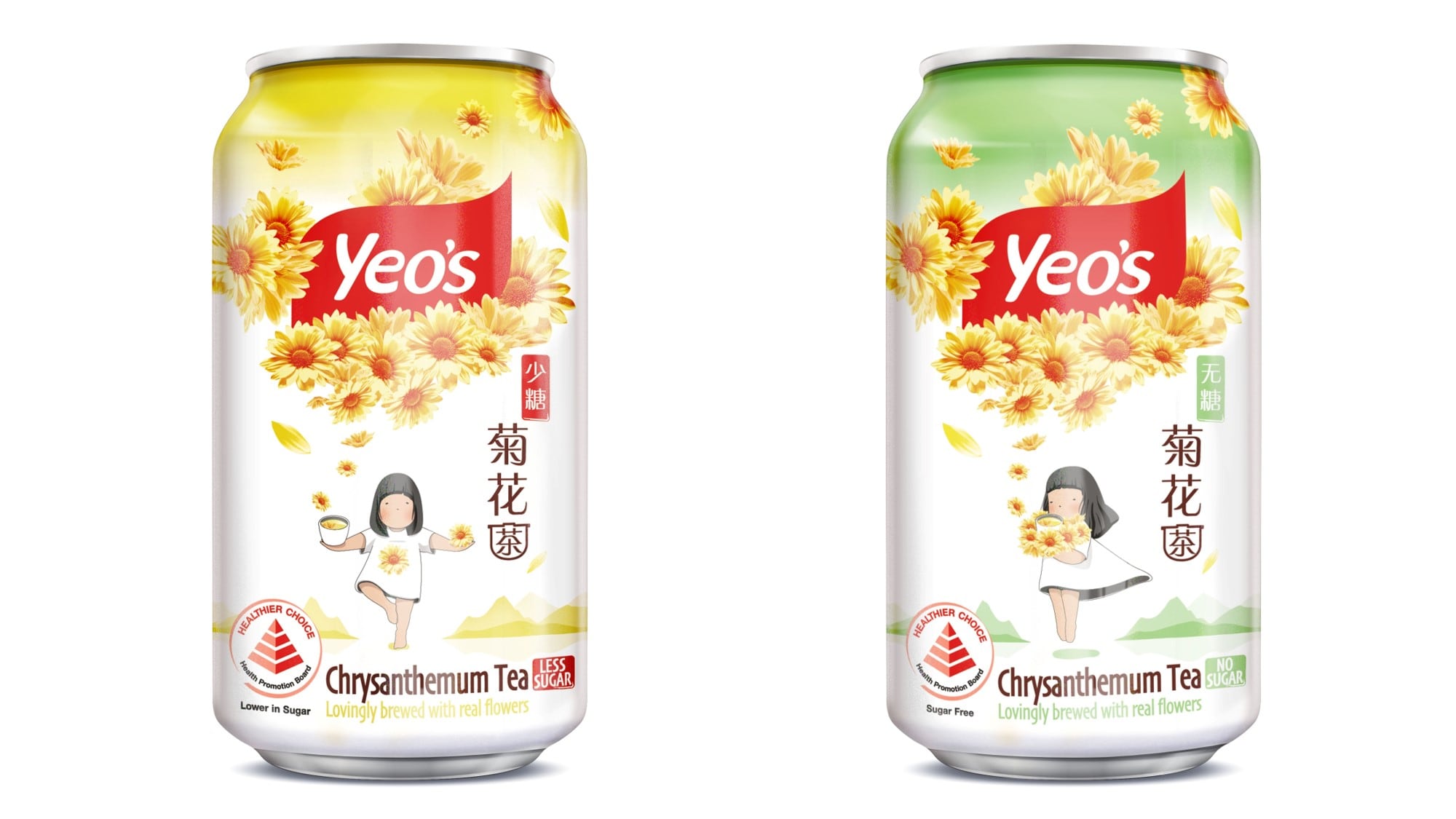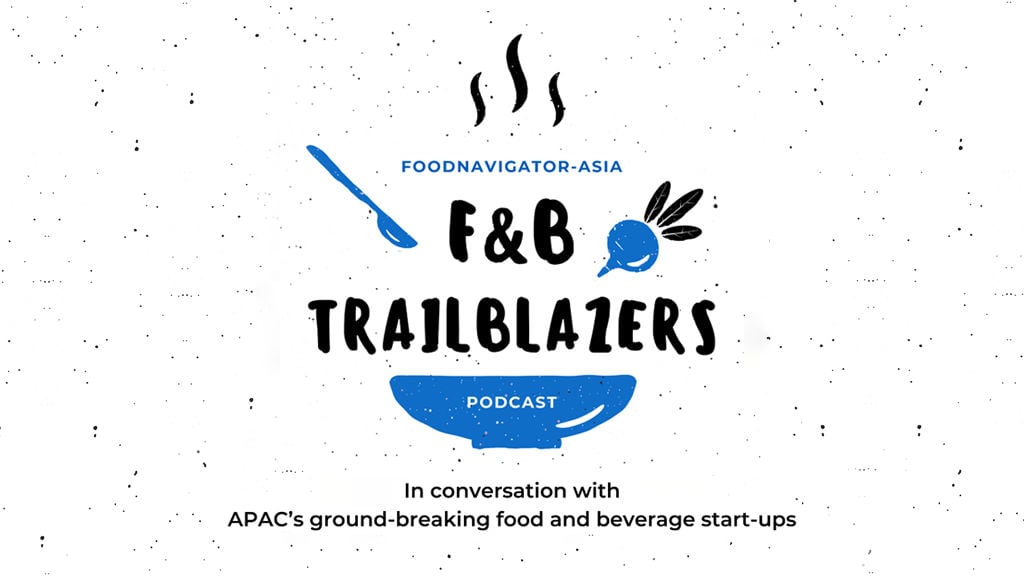This survey was conducted by the China Food Information Centre, a non-governmental organisation with a food safety and nutrition focus and its board comprises experts well-known for having a strong say when it comes to local policy design and implementation.
Some 5,112 consumers across 32 provinces in China were surveyed as part of this study, which was conducted via online questionnaires.
One of the survey’s most striking findings was that even though there are currently a plethora of government-approved sugar replacers and sweeteners in the country, a good 50% of all surveyed participants are still unconvinced about the safety of these ingredients.
“The Scientific Consensus on Food Sweeteners 2022 report last year has highlighted that China has made a variety of sweeteners available on the market which go through a strict pre-market approval system,” CFIC stated via formal documentation.
“This has been to ensure that sweeteners can be used safely based on scientific research and in accordance with regulations – but this new survey has shown that many consumers have perceptions that do not align with the scientific community on this.
“Our results showed that 12.21% of all surveyed consumers outright considered sweeteners to be unsafe, and another 38.5% still have strong doubts about the food safety of these products – together, this makes up 51.71% or more than half that are not yet accepting of sweeteners.”
It was also highlighted that natural sugar substitutes such as monkfruit extract and liquorice fared better in public perception in general with 51.72% of all respondents saying these are considered safer than artificial sweeteners – but 33.8% stated that they were not sure about this, and 14.47% outright rejected the idea that these were safer.
“These results are likely due to many consumers still having the perception of food additives as chemical substances, and sweeteners are still food additives so by association these are also impacted negatively,” the report authors said.
“At this point, the majority of approved sweeteners in the market are still seeing lower acceptance than white sugar, which we found to be about 50%, in the public eye – this includes natural derivatives like stevia and erythritol that both saw acceptance rates well below 35%.
“Only two types of sweeteners currently have a higher acceptance rate than white sugar – xylitol (58.06%) and maltitol (55.79%) – we believe there is definitely a link to familiarity here, as xylitol has been widely used in chewing gum and there has been sufficient consumer education over the years which has helped its sugar-free healthy image.”
This finding further presses the point that consumer education and accessibility is crucial to improving the acceptance of sweeteners in China, and according to the authors the best way to do this is via product innovation.
“More and more consumers are aware of the negative impacts of consuming excess sugar, and this has made sugar-free foods and beverages much more important as healthier choices to them,” they said.
“So although we do see that about half of consumers are uneasy about the safety of sweeteners, this added importance of health appears to have led them to mostly not reject these products outright.
“We also saw about 18% of all consumers choosing sugar-free products due to curiosity and novelty, so this in addition to increasing visible category expansion means that product innovation remains one of the most effective means to promote sweetener consumption in China.”
Opportunity for beverages
Within the sugar-free foods and beverages sector in China, at this time sugar-free beverages still enjoy the highest popularity amongst all the categories, also believed to be due to the widespread innovation that has been ongoing in the sector.
“We found that despite their misgivings, 84.58% of all consumers have tried sugar-free carbonated drinks and 65.96% have tried sugar-free coffees or teas,” they added.
“[So it can be seen that beverages] are leading the sugar-free market here, likely due to the huge momentum and growth in this category over the past few years.
“In other categories, sugar-free chewing gum came in third at 59.23%, but beyond that all other categories such as sugar-free pastries (45.46%), chocolates (31.85%) and ice creams (17.68%) are still not seeing strong popularity in the local market.”
This signals the sugar-free beverage category as the best avenue to promote sweetener usage and development as well as to improve the image of these with consumers in China, which could be an important opportunity for firms in this area to capitalise on.





